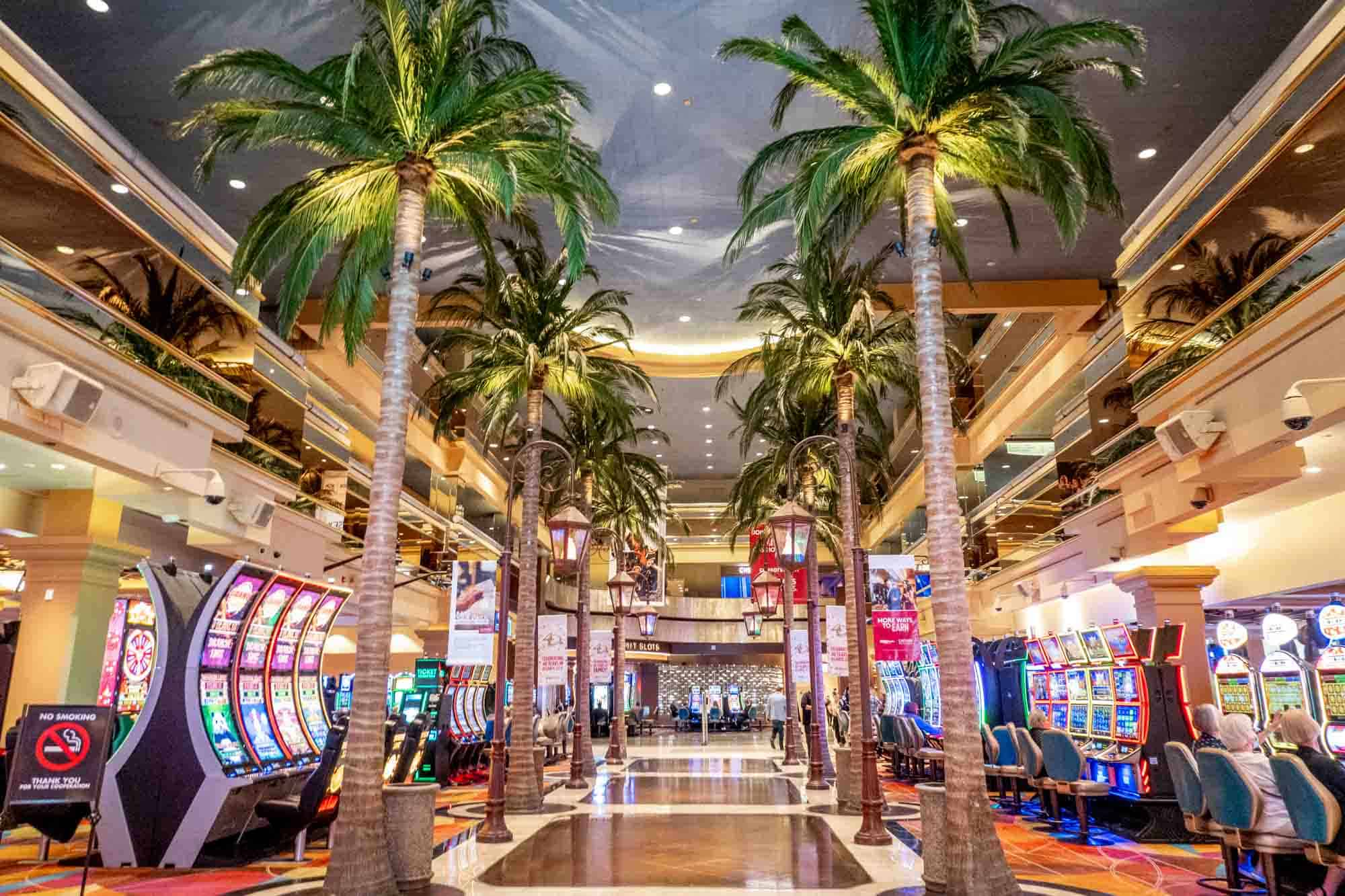In the world of gambling, in which chance and strategy converge, a unique tapestry of beliefs manifests—one that intertwines luck, fate, and the enigmatic nature of casino games. Casinos, bustling with excitement and anticipation, are not just places for placing bets; they are also arenas where superstitions thrive. Ranging from the novice player to the seasoned gambler, these mysterious practices often shape how individuals approach the games they play, holding the belief that their actions can influence the outcome in ways that go beyond mere probability.
As players gather around roulette wheels, blackjack tables, and slot machines, the atmosphere is thick with stories of lucky charms, rituals, and codified behavior that defy logic yet provide a sense of comfort. Whether it’s wearing a specific outfit, following a particular sequence of bets, or even avoiding certain numbers, the attachment to various superstitions reflects a deep-rooted desire to control the uncontrollable. This article delves into the captivating world of casino game superstitions, exploring the beliefs that simultaneously entertain and mystify those who dare to play.
Historical Beginnings of Superstitions
Casino activities have long been connected with an array of superstitions that trace to early societies. The beginnings of these ideas can be connected to humanity’s innate desire to control the uncertain outcomes associated with luck and randomness. In early civilizations, activities of chance were often connected to spiritual practices. Players would seek favor or request favor from gods, believing that their actions could influence the results in their favor. This foundation laid the basis for the variety of superstitions that proliferated as gambling evolved over ages.
During the medieval age, betting became a common activity across the continent, and with it, a rich tapestry of superstitions appeared. Participants adopted numerous rituals and charms, believing they could affect the results of games. The value of digits, in particular, began to manifest in superstitions related to card games and dice. The number 7 was often considered auspicious, while different numbers carried bad connotations. These ideas mirrored the cultural contexts of the time, adapting as they transferred through generations and transformed to new gaming environments.
As gambling houses appeared in the 1600s, particularly in the Italian peninsula and France, the atmosphere surrounding gambling became imbued in mystique. The growing openness of casino games allowed for the spread and growth of superstitions among players. Concepts like lucky charms, designated seating locations, and rituals gained prevalence, creating a distinct culture within casinos. As these customs continued to thrive, they became essential to the essence of casino games, illustrating how historical developments and tradition shape the belief systems that influence how participants interact with fortune.
Popular Casino Superstitions
Beliefs surrounding casino games are abundant and diverse, mirroring the hopes and fears of players as they engage in chance-based activities. One of the most prevalent beliefs is that specific digits bring fortune or misfortune. For example, the number seven is often seen as a favorable digit, frequently embraced by gamblers looking for a favorable outcome. Conversely, the digit 13 is routinely considered unlucky, leading many gamblers to steer clear of it during their gaming sessions.
A frequent superstition relates to rituals that gamblers believe can influence their odds. It could be blowing on dice before a throw, using a specific gesture to place a bet, or even wearing particular items of attire, many individuals feel that these rituals can sway luck in their favor. These rituals offer a feeling of power in an otherwise random environment, strengthening the idea that fortune can be manufactured through individual convictions and customs. Miso88

Lastly, the ambiance and vibe of the gambling house itself adds to myths. Many gamblers suggest that the presence of certain icons, such as four-leaved clovers or fortunate coins, can enhance their odds of success. Additionally, players might adhere to the notion that victory streaks can be halted by mundane events, such as someone walking past or a spill at the table. The collective atmosphere in a casino can amplify these beliefs, creating a communal culture of myths that goes beyond individual experiences.
Impact of Superstitions on Players
Superstitions play a significant role in the mindset of gamblers, often influencing their behavior and decision-making. A lot of gamblers think that luck can be influenced through different rituals, such as wearing a lucky charm, choosing particular hues, or avoiding certain numbers. This reliance on superstitions can create a sense of control in an environment that is inherently unpredictable. Players frequently feel more self-assured and engaged when they think that their actions could sway the result of a game in their favor.
The impact of these superstitions extends past singular players, affecting the overall atmosphere inside the casino. For example, a player who believes in the luck of a certain slot machine might draw a crowd, as onlookers are fascinated by their apparent success. This shared belief can heighten excitement and create a lively environment, leading to an engaging experience even for those who may not necessarily be superstitious. The buzz around specific games can lead to increased participation and extended playing sessions, supporting the casino’s lively social scene.
In some cases, superstitions can lead to detrimental effects for players. Relying too heavily on rituals can result in poor gambling decisions, as some may ignore basic strategies in favor of unfounded beliefs. Additionally, the stress to perform rituals may heighten anxiety and tension, detracting from the enjoyment of the experience. Ultimately, while superstitions can enhance the thrill of playing casino games, they can also lead to foolish choices that overshadow the enjoyment and amusement intended in the casino experience.